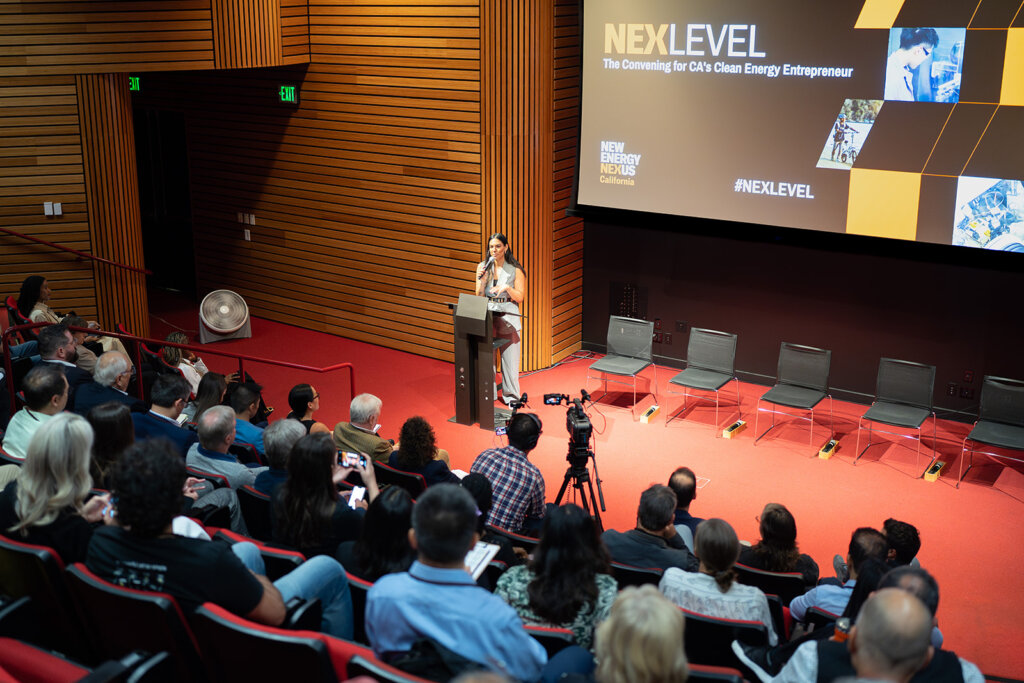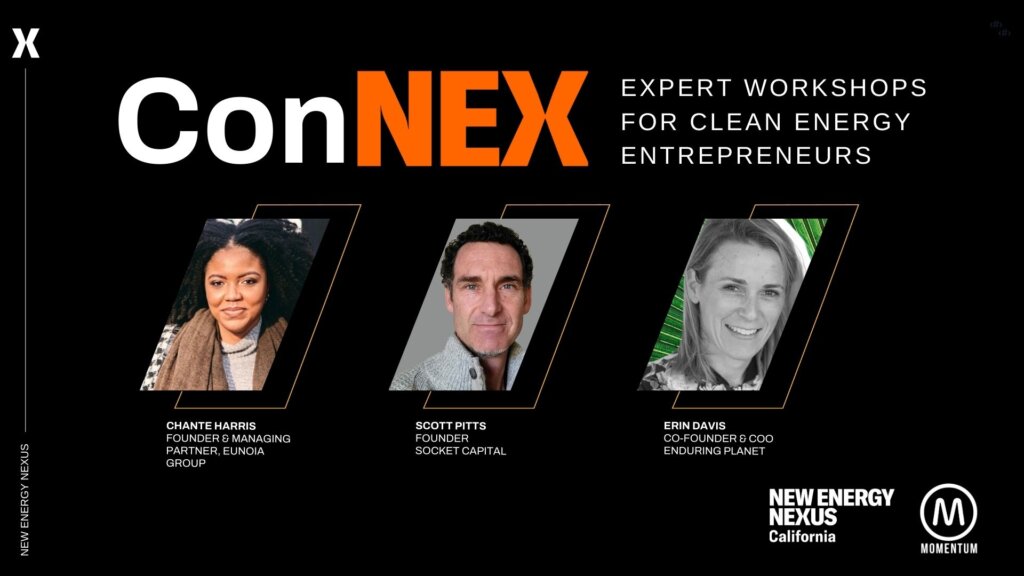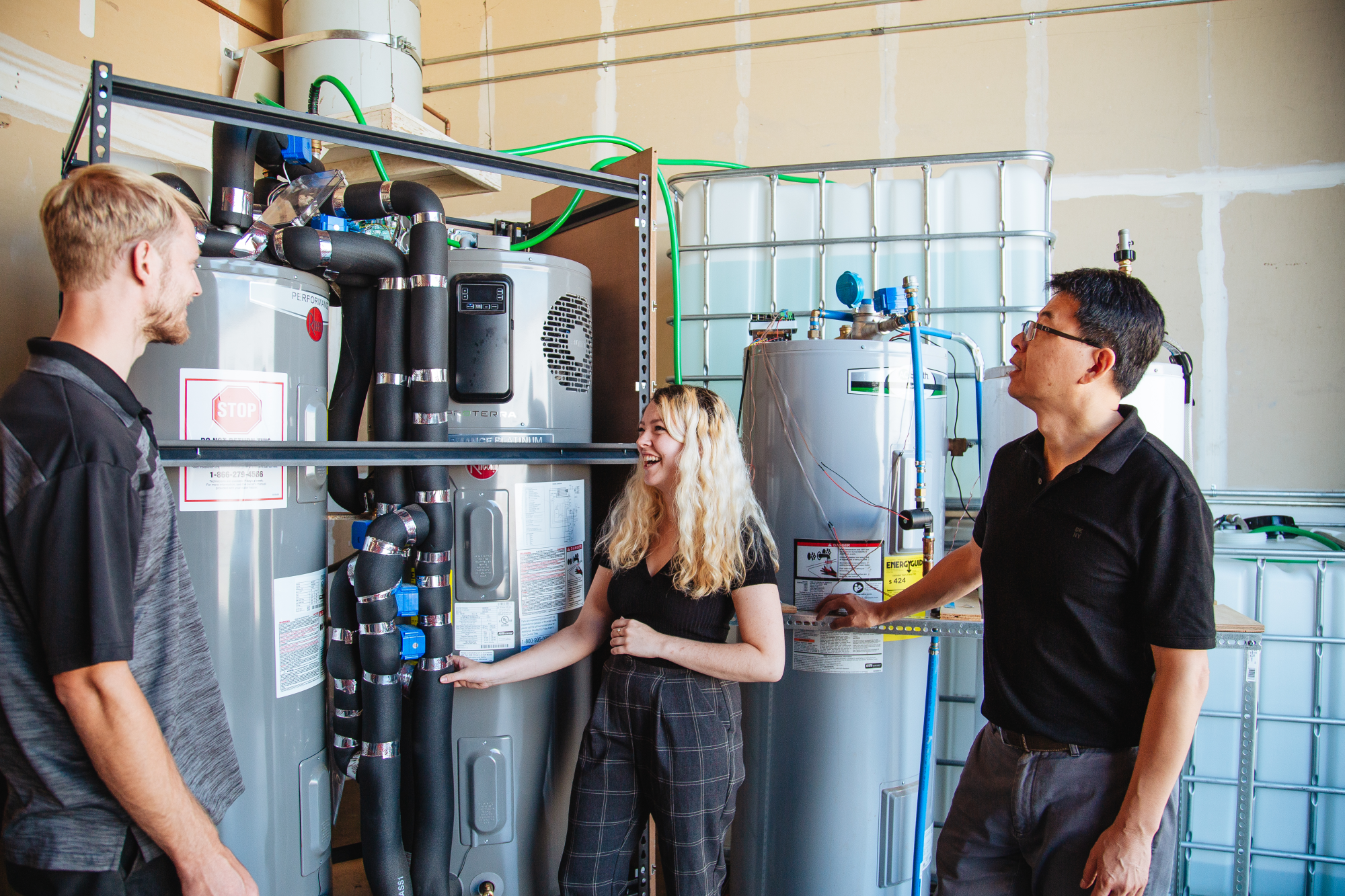
How This Startup is Decarbonizing Water Heating in California
ZYD Energy
The residential water heater – often unsightly and awkwardly installed in garages and closets – is an essential home appliance that is often overlooked when it comes to energy efficiency upgrades. This is despite the fact that gas-powered water heaters are the second largest source of greenhouse gas emissions in California’s building sector. Reaching ambitious greenhouse gas reduction goals will be virtually impossible without reimagining the residential water heater — and CalSEED Concept Awardee ZYD Energy is doing just that.
The first step in decarbonizing residential water heaters is to replace all gas water heaters currently in use with electric heat pumps. The second — and potentially far more complex — step is to integrate electric heat pumps with the electric grid to ensure electricity from renewable energy sources, e.g. solar and wind, is used to heat water. This is where ZYD Energy’s innovative LOCUS control technology comes in. LOCUS stands for load optimization control using storage and will enable heat pump water heaters to achieve grid-interactive efficient operations, which reduce customers’ energy bills, maximize renewable energy utilization, and minimize greenhouse gas emissions. ZYD Energy seeks to advance water heater technology through a three prong strategy:
- Integration: using controllable storage configurations to achieve large load flexibility for all heat pump water heater products and system designs, including those not feasible for conventional temperature controls.
- Optimization: using sophisticated computer algorithms to determine operational schedules according to time-dependent electricity supply conditions, including electricity price, demand response signals, renewable energy availability, and electricity carbon intensity.
- Connectivity: using IoT technologies to establish versatile data connection with users, building and grid management.
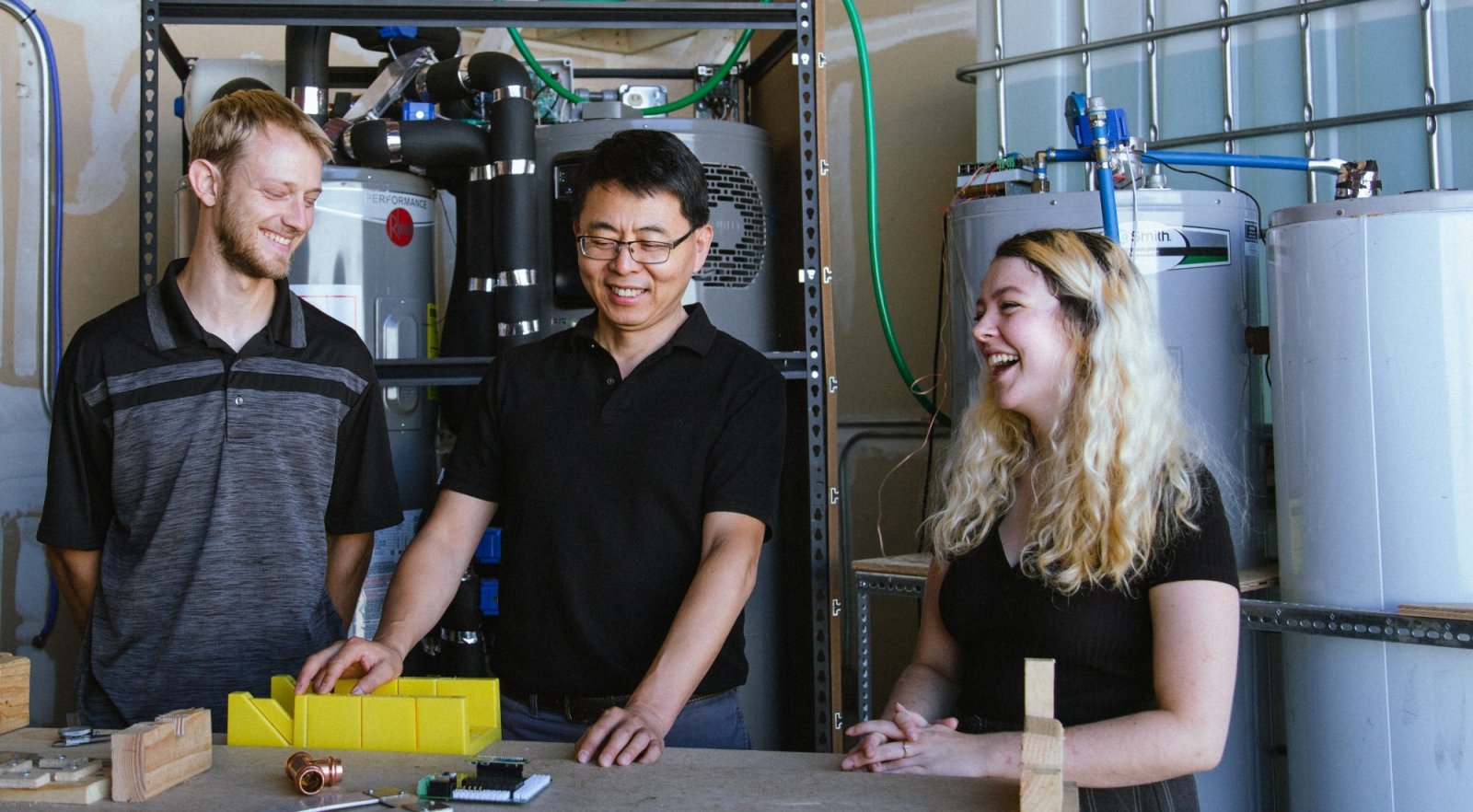
ZYD Energy’s Pathway to Success
ZYD Energy was founded by Dr. Yanda Zhang after many years of working in energy efficiency and his desire to develop something that could rapidly reduce emissions and energy consumption in the building sector. In 2017, shortly after he conceived LOCUS, Dr. Zhang received a CalSEED Concept award from the California Energy Commission’s EPIC program which supports early-stage clean entrepreneurs with critical seed funding and support. With the CalSEED Concept award he was able to continue to develop LOCUS as well as bring on recent UC Davis graduate Sophia Racke as a Business Development Manager. With Sophia on board, they focused on not only technical development of their product but also understanding the needs of their audience so that they could create a strong value proposition. As Sophia sees it, “Our solution isn’t just optimizing the performance of the heat pump water heaters but also changing the customers perspective to embrace a new paradigm of water heating.”
A key component of the CalSEED program is participating in CleanTech Open (CTO), a national accelerator program aimed at providing early-stage companies with the training and resources they need to launch and grow successful cleantech businesses. Dr. Zhang learned from CTO how to truly understand potential customers, not just focus on the technology, “CTO encouraged us to conduct a survey with homeowners to understand from their perspective – the why – why do they care? What do they think about water heaters? With that knowledge we were able to develop a product that was oriented around customer-based solutions.”
The HeaterHive
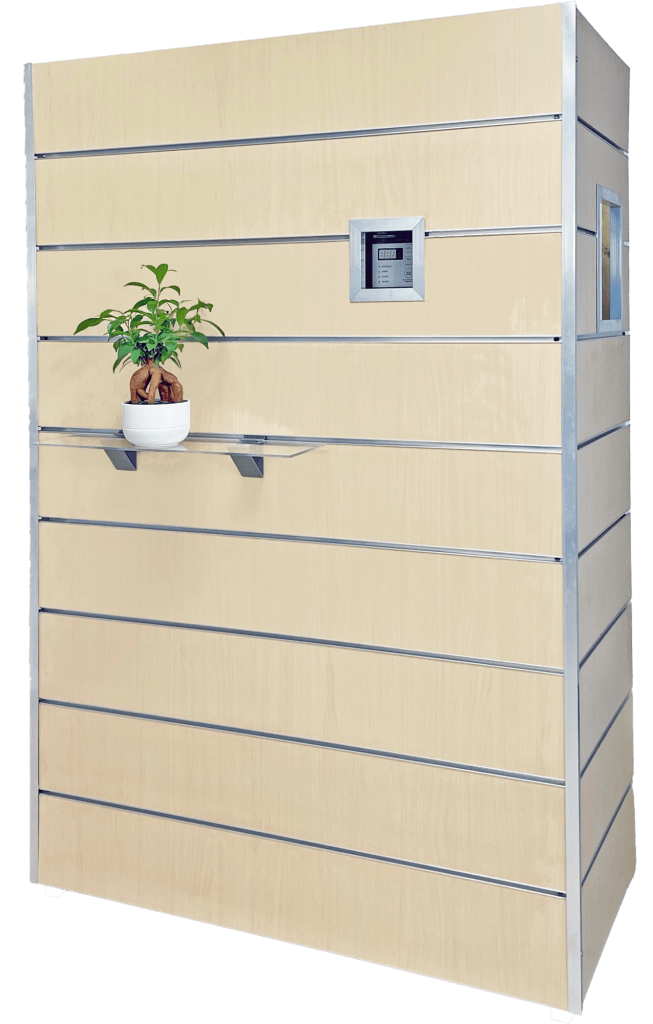
ZYD Energy’s main customers are single family homeowners, multifamily building property owners, and building mechanical system designers. For homeowners, “There’s a need for a solution that’s both effective at reducing greenhouse gas emissions from the water heating systems and can also make the transition simple and appealing. By providing customers with additional value, we will make it more exciting and easier for them to adopt new clean energy technologies.” To address this, ZYD has created an appealing package for single family homes.
They’ve combined the LOCUS control technology with a heat pump water heater as well as a unique exterior design that offers home organization and decoration features.“We’re branding the single family package as HeaterHive to provide customers with a refreshing home improvement product and not just another water heater that they’re going to forget about.”
For multifamily buildings, ZYD Energy addresses a different challenge faced by building designers – how to design heat pump based water heating systems to serve multiple dwelling units. This requires a new knowledge of how different equipment and systems can be connected and controlled, as well as take significant efforts and time for the building design and construction industry to familiarize themselves with heat pump water heater based systems in those multifamily buildings. ZYD Energy provides a solution to simplify system design and installation. “The intention is that LOCUS control can function as a central interconnection of the different equipment in the water heating system so building and designing those complicated water heating systems can be simplified by connecting heating and storage equipment through the LOCUS control.”
ZYD Energy’s Next Step
The ZYD Energy team is well on their way to demonstrate the solution, having just received another EPIC Award – Advancing Next-Generation Heating, Cooling and Water Heating Systems – where they will be piloting their LOCUS systems in three low-income multifamily buildings in Northern California. The aim of these projects is to demonstrate the load flexibility for three different types of central heat pump water heating systems in multifamily buildings using ZYD Energy’s LOCUS technology with social and environmental benefits of lowering operating costs, reducing greenhouse gas emissions, improving electricity reliability, and reducing planning uncertainty.
Dr. Zhang is hopeful that this opportunity will open doors for ZYD Energy to further collaborate with building design firms, expanding their business development opportunities. “I think our success is kind of a testament to California’s drive to achieve a clean energy transition. With support from California research funding like CalSEED or EPIC we have been able to grow our business. It’s also California’s decarbonization goals that will continue to help support us as more and more areas have to replace their gas appliances with electric ones.”
Related Posts
-
NEX Level Event Photos
9 Oct 2024
